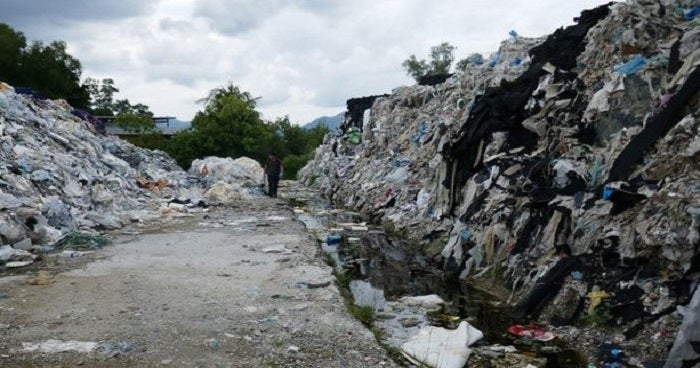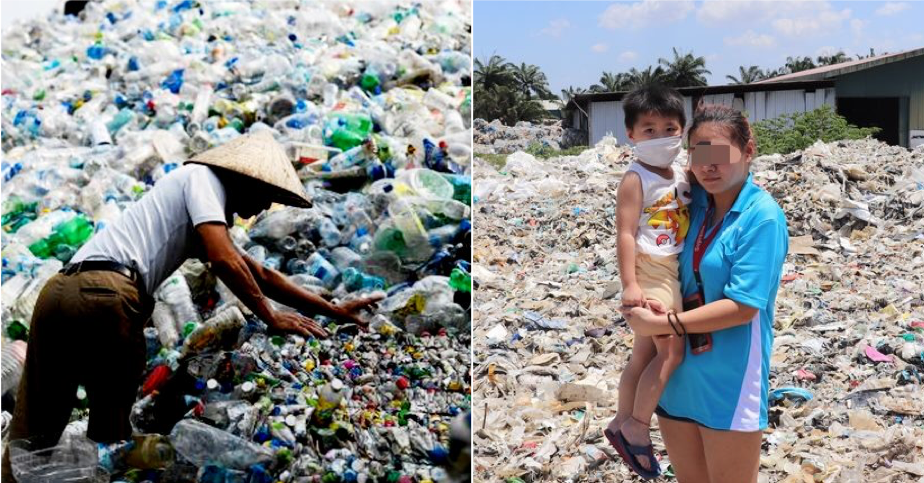While it was recently revealed that the United Kingdom, New Zealand, and Australia have been using Malaysia as a dumping ground for tonnes of plastic waste, this latest report by The Telegraph shows even more disturbing information about this.
In their report, The Telegraph along with Greenpeace’s investigative unit, Unearthed, revealed that tonnes of waste from the UK intended for recycling have reportedly been found dumped by British waste companies across several sites in West Malaysia.
Waste from five UK councils, Kensington and Chelsea, Hammersmith and Fulham, Castle Point, Basildon and Tower Hamlets, was found dumped in one local site during their investigations.
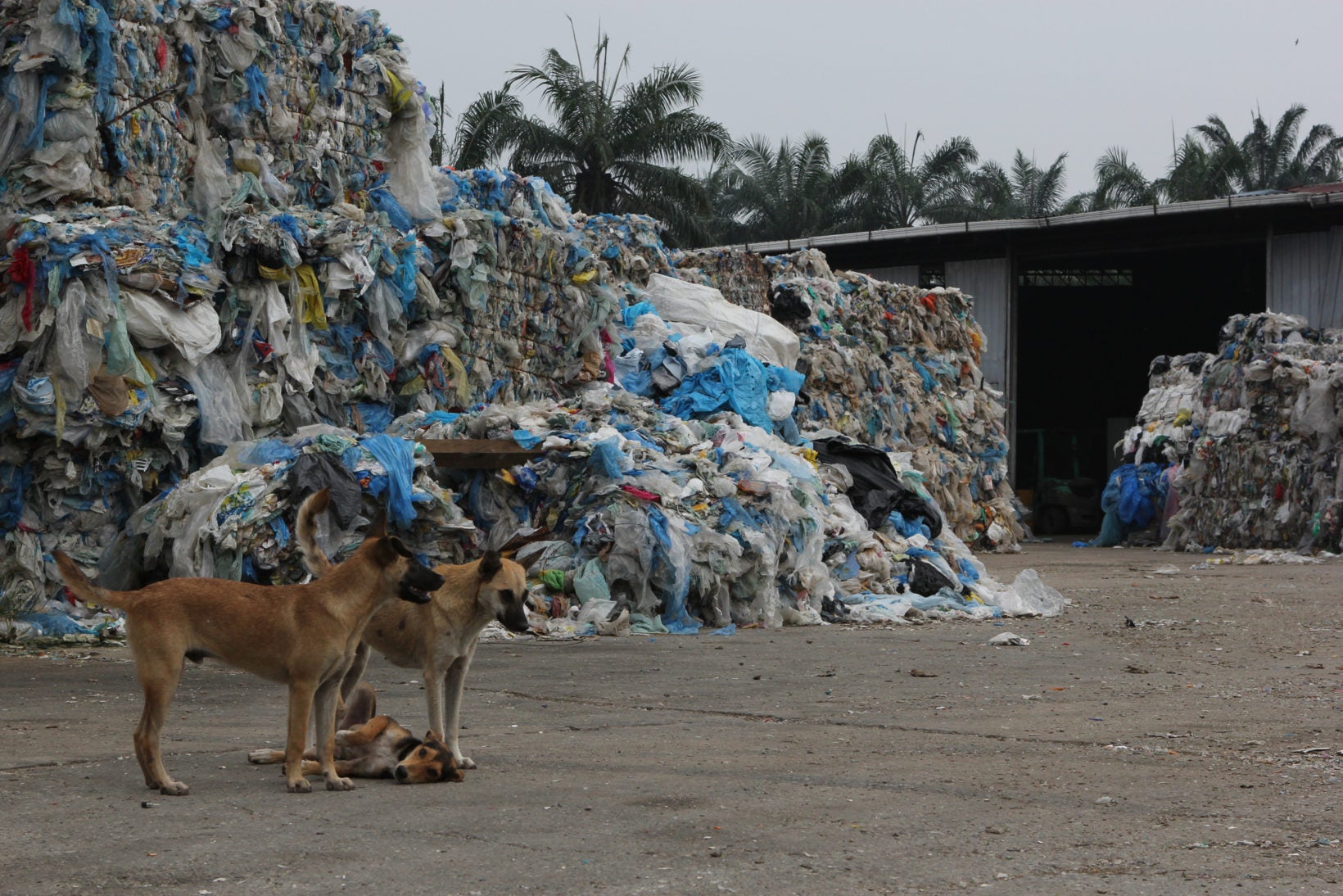
Source: unearthed
While average consumers in the UK have been led to believe that they have been recycling their household waste, this recent discovery has shown that reprocessing waste is not really guaranteed.
The report revealed that although the items dumped were all recyclable, many of them could not be processed because they were contaminated either during the sorting process or because these items were left outside.
Investigators found branded products readily available in UK supermarkets in a three-acre site outside Jenjarom, Kuala Langat, on a 10-foot pile of rubbish. This site was also surrounded by a palm oil plantation.
Unearthed reported even more damning evidence, as torn recycling bags from UK authorities were also found amongst the vast amounts of waste. On top of that, this waste is even being burnt openly, causing fumes to permeate nearby residential areas, preventing residents from sleeping at night and causing some to experience nausea and breathing difficulties. An excerpt from Unearthed’s report reads,
“In nearby Klang, home to Malaysia’s largest port and the entry point for most imports, Greenpeace investigators found sacks of discarded European and British plastics in a largely abandoned industrial complex, where piles of rubbish are routinely dumped and burned by the roadside, billowing acrid clouds of smoke.”
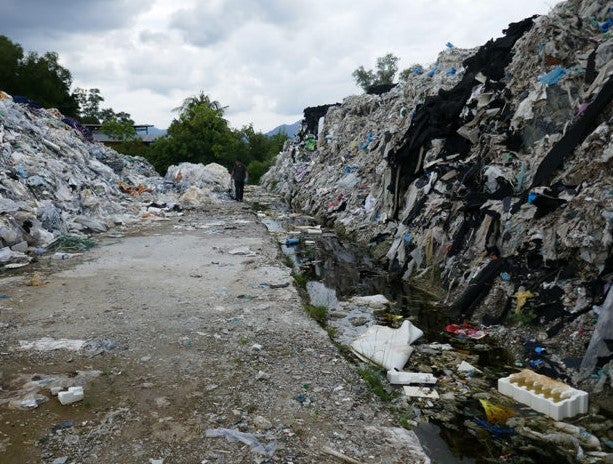
Source: unearthed
According to residents in the area, the smell would sometimes be so strong that it would seep into their homes despite doors and windows being closed shut. While residents in Klang and Jenjarom have been trying to bring this serious issue to local operators, they have faced threats in response.
Since Pakatan Harapan (PH) came into power and announced restrictions on plastic imports, many of the illegal factories in Jenjarom have since been raided and shut down. However, some activists suspect that these factories may simply be relocated to less strict areas. Meanwhile, the government is continuing its efforts to tighten enforcement to ensure these illegal factories do not continue their operations.
Waste from the UK has also been dumped up North in Ipoh, where sites have been growing exponentially in size.
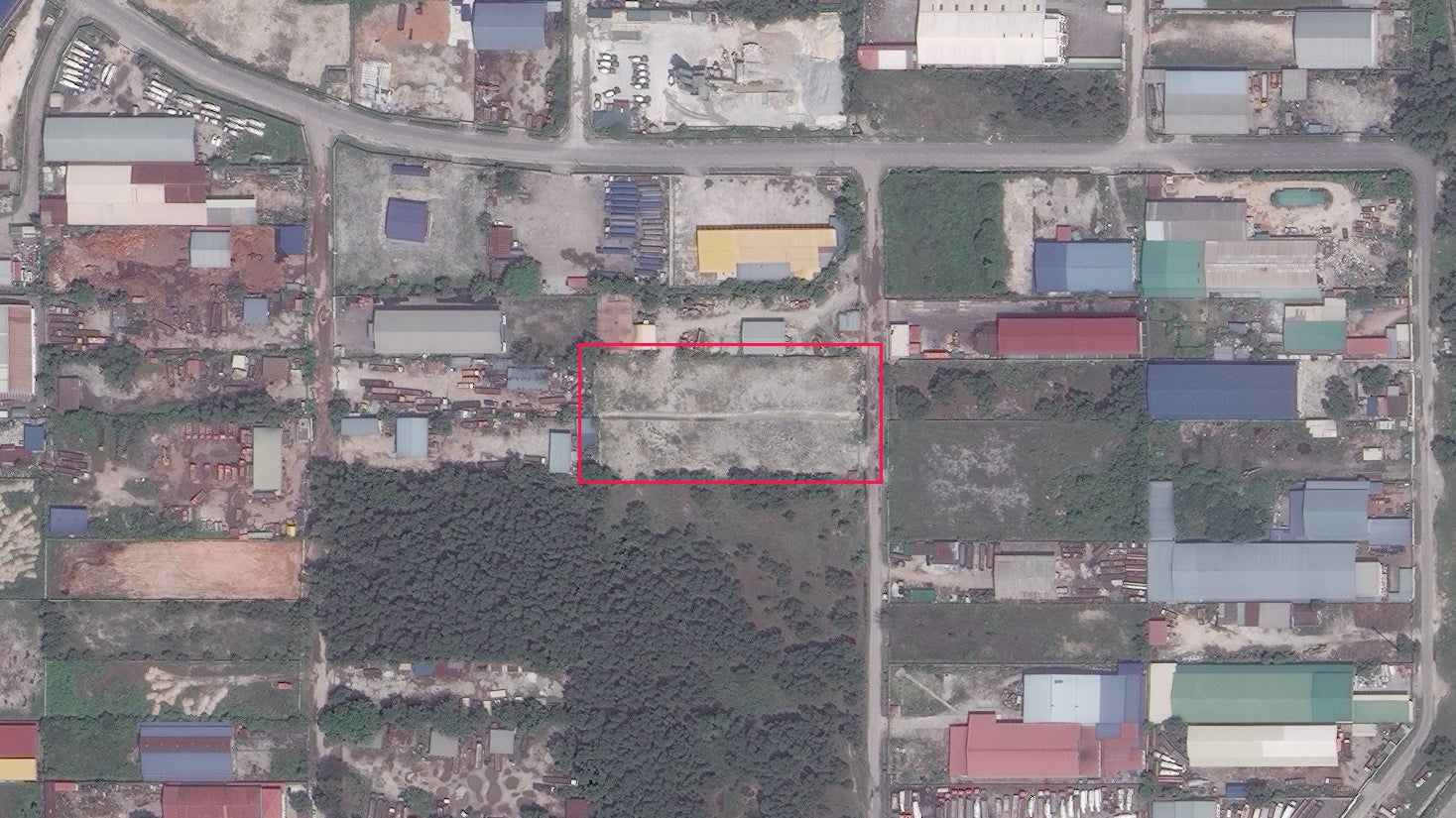
A site in ipoh on 29th january 2017 | source: unearthed
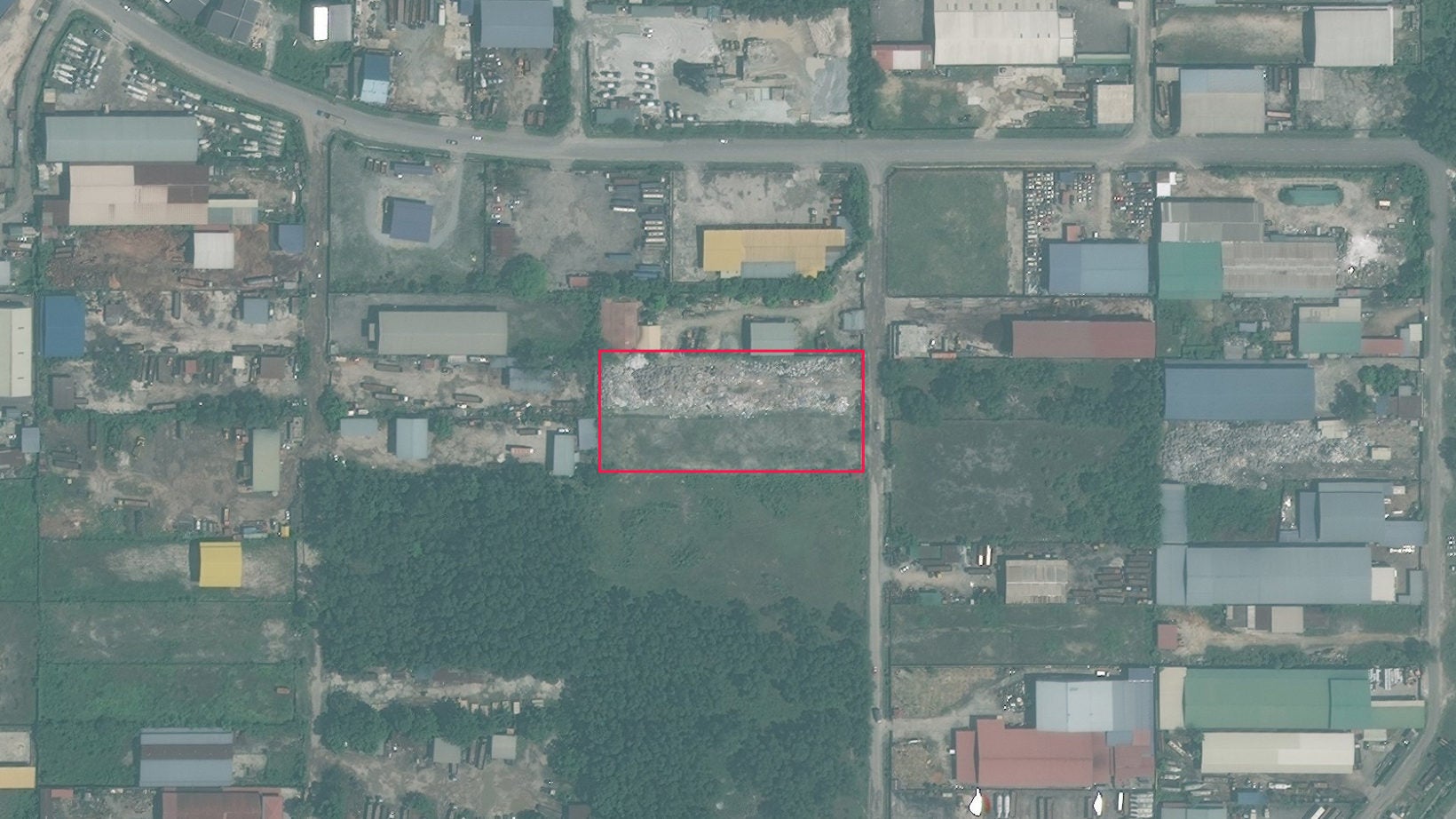
An image of the same site on 8th march 2018 | source: unearthed
“For years, most of this material went to China. But since China banned these imports at the start of 2018 – citing fears of contamination and pollution – Malaysia has become the world’s top destination for plastic for recycling.”
The UK has reportedly exported over 88,000 tonnes of plastic waste to Malaysia between January and August 2018 alone. In the first six months of 2018, we have reportedly received over 150,000 tonnes of waste from the United States. Plastic waste has increasingly been exported to Malaysia following China’s recent ban on plastic imports earlier this year.
Read The Telegraph’s full report here and Unearthed’s full report here.
What are your thoughts on this latest development? Let us know in the comments below!
Also read: Report: NZ, UK And Australia Are Dumping Tonnes of Plastic Waste in Malaysia

